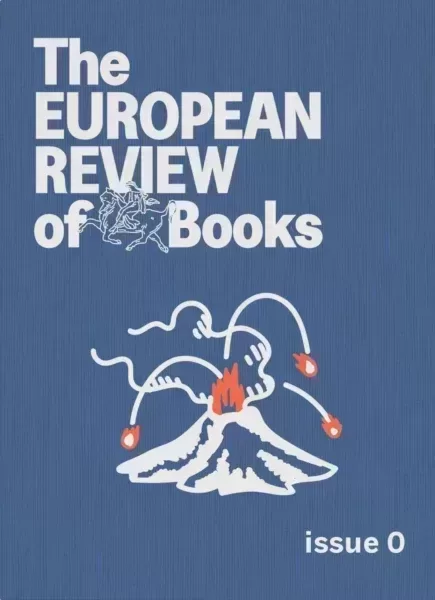
Issue Zero – Opuscule
MAY 2021
Issue Zero was our digital opuscule, in May and June, 2021. It was a start, coincident with our crowdfunding campaign, where we could show what we wanted to publish and reflect on the endeavor itself. What should be in the European Review of Books? What could only be in the European Review of Books? We wanted to show the gears.
-
Do we need a European Review of Books?
« If I were to do it again from scratch, » Jean Monnet, a founder of the European Union, supposedly said in the ’70s, « I would start with culture. » Well, who wouldn’t?
-
Only stupidity is hereditary
There sits a donkey before an open book, held between his forehooves in such a way that we can clearly see the pages. It is a family tree of sorts, with eight rows of seventeen standing donkeys.
-
Infrequently Asked Questions
Who, what, and why? Imagine something called, say, the Zemblan Review of Books, or the Esperanto Review of Political Theory, or the Klingon Review of Horticulture, or the Utopian Review of Bicycles.
-
On the anti-poetry of « crowdfunding campaign »
Kickstarting used to be something you did to an engine. To « kickstart » the European Review of Books makes it feel like we’re riding a motorcycle in World War I. But we only want peace!
-
The ordinary jacket of today
The ERB doesn’t stand in competition with magazines we love; it joins them, and does so in admiration. This project has made us encounter literary magazines we hadn’t read before and discover beautiful magazines in languages we wish we could read.
-
Football is not football
How do literary movements arise? About thirty years ago, I watched one emerge out of nothing: the subgenre of « literary » football books and magazines. Not exactly the birth of modernism, but it still taught me something about how cultural transmission works within Europe.
-
The pinnacle of cartography is the pinnacle of uselessness
« Europe », drawn from memory or intuition. Thick and thin strokes of charcoal: a nod to the coal and steel on which the polity of modern Europe is founded. But more mystical, too: these drawings represent « the conviction that simple tools can grant us the power to face the god of paper. »
-
The myth of 1922
What does modern mean? In Brazil, it often meant an embrace of newness as the possibility of reinvention. In Modernity in Black and White: Art and Image, Race and Identity in Brazil, 1890-1945, Rafael Cardoso unravels the myth of 1922.
-
Europas & bulls
A logo might start as a designer’s whim. Only then does one look for meanings to fill it with. On Europas: mythic, artistic, fictional, political, psychological, satirical, and finally unfinished.